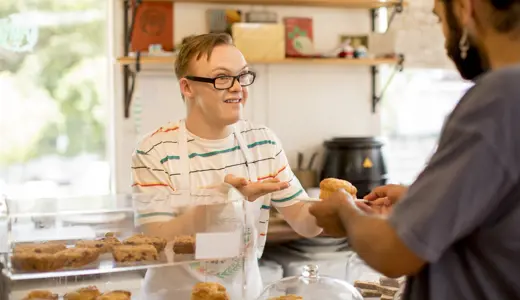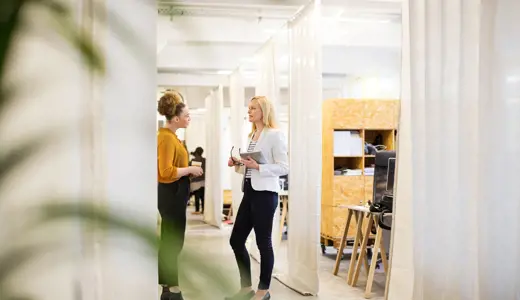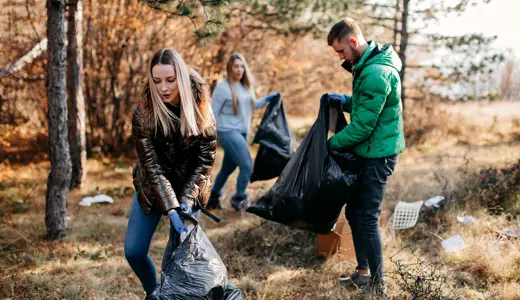What work experience gives you
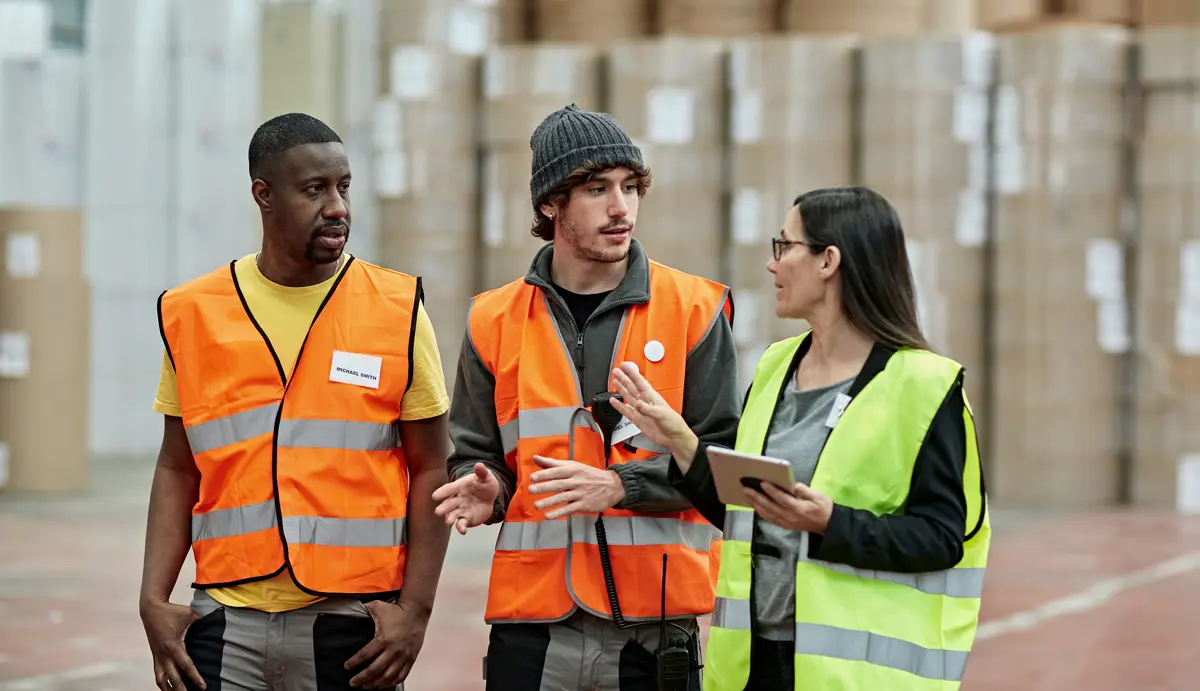
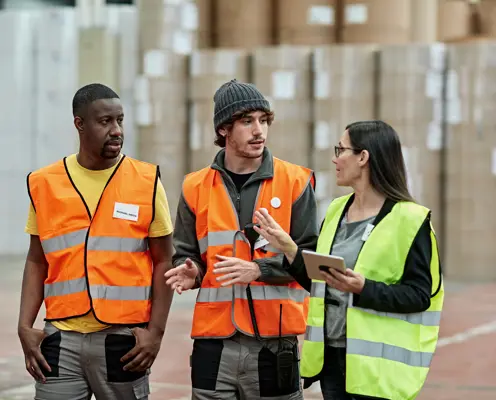
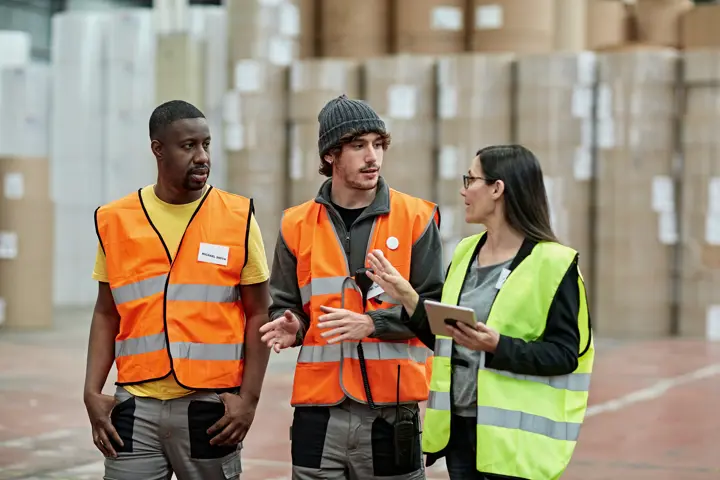
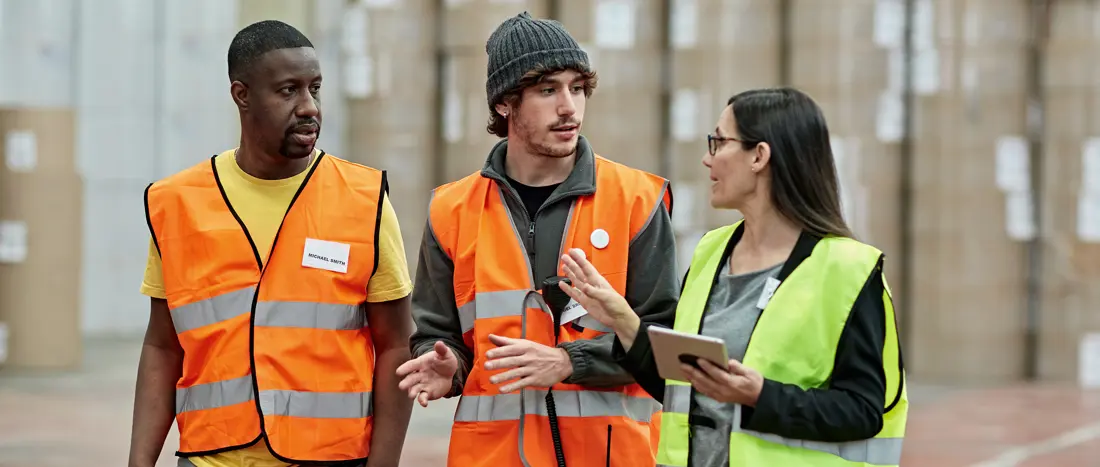
There are many ways in which experience in the workplace can help you. Here are some of the most valuable:
Skills
Work experience teaches you new skills, or shows where you can further develop the talents that you already have. Learning on the job will teach you things you might never learn in the classroom.
Contacts
In many areas of work, who you know can be as important as what you know. If you impress your manager, s/he will remember you – and it could lead to a job in the future.
A stronger CV
Your CV isn’t just a record of the exams you passed and the schools you went to. Relevant work experience will help it to stand out and show that you’re committed to developing your plans for the future.
A good reference
A reference is a letter from your manager, talking about the skills and qualities that you showed or learned while doing work experience. This will help you in the years ahead, when applying for jobs. And if you have a LinkedIn profile, put your experience up there and ask for an endorsement from your manager or colleague, so that potential employers can see the good work you’ve done.
Confidence
Work experience says ‘you can do it’. You can turn up to work on time, do the job, help your workmates, and get stuck in. This not only pleases employers, it also increases your confidence in the workplace.
Find out how you can get work experience through your social media profile.
